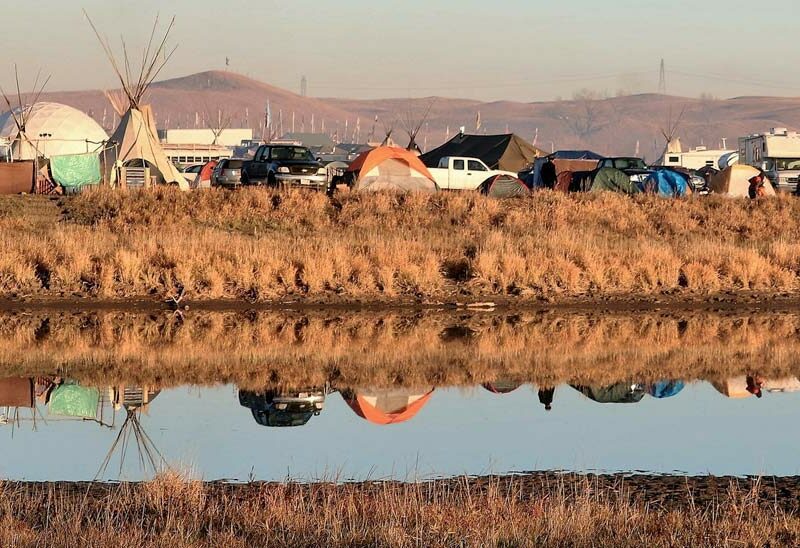On April 1, 2024, Mexico was set to follow through with its 2020 commitment to ban the toxic herbicide glyphosate (the active ingredient in Bayer’s Roundup in the USA and Faena in Mexico) by 2024. When the plan to phase out glyphosate and genetically engineered (GE) corn was originally laid out, Mexico’s government cited the purpose of the new policies as “contributing to food sovereignty and security” and the health of the Mexican people, as well as protecting native corn from contamination by GE pollen. Glyphosate is a pervasive herbicide frequently used on corn and other commodity crops, and genetically engineered corn is often modified to—among other things—be resistant to glyphosate.

News & Analysis
About every five years, the U.S. Congress passes the biggest set of food and farming policies that define the majority of federal farm, food, nutrition, and rural economic programs. At a cost of about $440 billion over five years, these programs influence: What is grown; who grows it; how it is grown or produced; what is done with those products and where they are sold; who can access and afford those goods; and how we invest in rural communities.
By supporting good legislation, opposing bad legislation, and building up a network of supporting organizations, it is our hope that we can collectively move the needle on farmworker rights in the right direction.
Watch and listen as two experienced farmers share stories and practical approaches for small-scale, diversified farms that use the principles of agroecology. This discussion may provide you with ideas that small farms where you live can adapt and thrive.
After many long days of negotiations, the U.N. Environment Programme (UNEP) made a historic move for safer food and farming by passing a resolution on highly hazardous pesticides (HHPs) that calls for action to globally phase out the use of the world’s most toxic pesticides by 2035. Tied with this resolution was the passing of a mandate for UNEP to implement this commitment by forming the Global Alliance on HHPs.
PFAS are persistent and have the potential to affect human health for many years. Some pesticides have PFAS in their formulations and others leach PFAS from their containers.

Global Network Releases Updated List of Highly Hazardous Pesticides (HHPs)
December 19, 2016
Activists around the world call for action on health-harming chemicals Today Pesticide Action Network (PAN) International released an updated List of Highly Hazardous Pesticides (HHPs). The expanded list, which was first published in 2009, now includes 297 chemicals, many still in widespread use in both

Imagine a world without pesticides
December 9, 2016
On December 3, the anniversary of the 1984 Bhopal disaster, people around the world commemorated “No Pesticide Use Day.”

Monsanto undermines EPA’s scientific review
December 9, 2016
After halting the process in October, the Environmental Protection Agency (EPA) recently put its review of glyphosate back on the calendar for December 13-16. Scientists will gather on behalf of the agency to review the carcinogenic properties of the key ingredient in Monsanto’s flagship herbicide

Thank you, water protectors!
December 8, 2016
For months, all eyes have been on the Standing Rock Sioux Tribe’s treaty lands, where the Dakota Access Pipeline (DAPL) was charted to go under the Missouri River — undermining the sovereignty of the tribe and threatening the drinking water of 18 million people. On

Central Valley residents urge state officials to protect schoolkids from hazardous pesticides
December 8, 2016
Hundreds of organizations and nearly 12,000 individual Californians demand comprehensive full-time protections for children from harmful airborne pesticides commonly used near schools SACRAMENTO— Today residents from several San Joaquin Valley communities will deliver nearly 12,000 petition signatures to Department of Pesticide Regulation (DPR) staff calling








